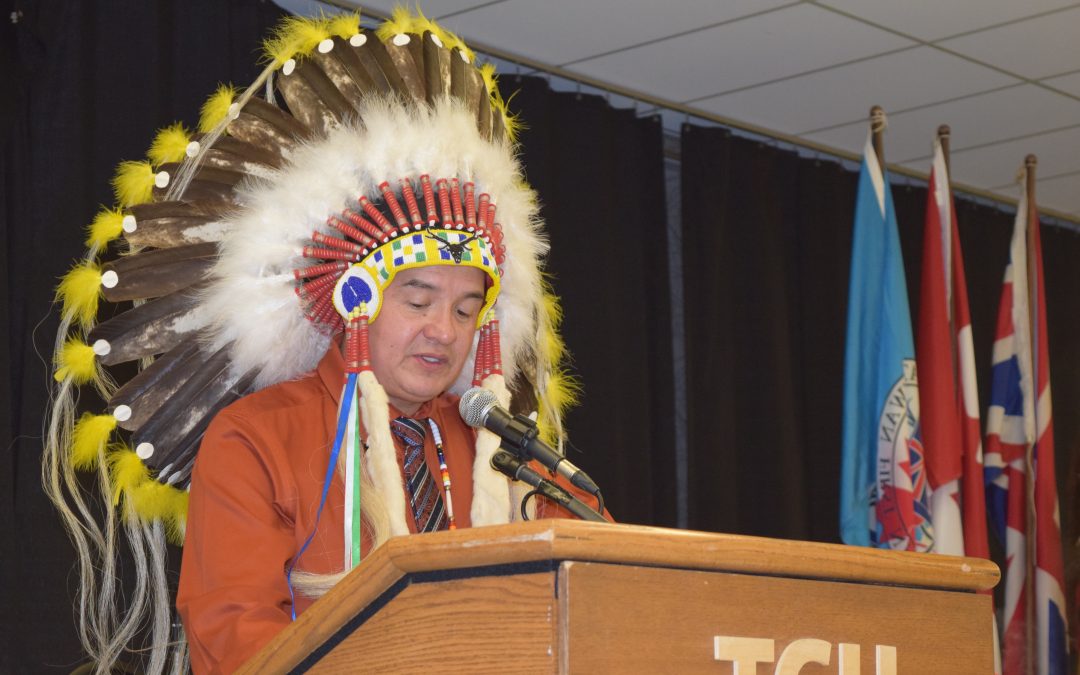The Federation of Sovereign Indigenous Nations says the announcement of the settlement for the discriminatory practices of Canada’s child welfare system is “the beginning of a better quality of life for First Nations children.”
On Tuesday, the federal government announced a $40 billion dollar agreement in principle to compensate young people harmed by Canada’s discriminatory child welfare system.
The FSIN welcomed the announcement and lauded the persistence of Dr. Cindy Blackstock and other First Nation leaders who helped bring this settlement into place. Blackstock has spent decades in legal battles with the federal government over child welfare policies. Several media outlets have quoted her as saying this is a big “win” for First Nations children.
The FSIN executive now hopes the settlement money will be used for long-term reform including prevention.
“Discriminatory funding and other racist decisions have led to a massive over-representation of First Nations children in the system, all at the hand of a federal child welfare system that should’ve protected them. The root is colonial practices and policies administered directly by Canada,” said FSIN Chief Bobby Cameron in a media release sent out on Tuesday afternoon. “Today’s settlement agreement provides much-needed compensation and reform for First Nations children’s rights. The healing journey begins by keeping First Nations children and young people within our own families and communities.”
“We envision a new path forward with meaningful dialogue to prevent the harm that has been experienced by First Nations children,” echoed FSIN Vice-Chief, David Pratt. “We need to help our children and young people rebuild their lives through reconnection in First Nation communities, revitalization in culture, languages, and traditions. We will reclaim our children and create a better tomorrow defined by our Indigenous worldview.”
When talking about long-term reform the FSIN says this should include prevention and continued work on the root causes of removal and ensure it never happens again.
In addition to long-term reform, the FSIN is also calling for First Nation law firms to handle the settlement.
“We expect our own First Nations lawyers, law firms and companies to do the entire process of allocating payments to our people,” said Bobby Cameron. “There are still significant concerns from our First Nations survivors regarding the implementation and administration of the Indian Day School Settlement Agreement. Those concerns have been ignored by the administrators, class counsel, and Canada, who have fought our survivors in court over level changes.”
This is the largest class-action settlement in Canada’s history.
(FSIN Chief Bobby Cameron. File Photo)
